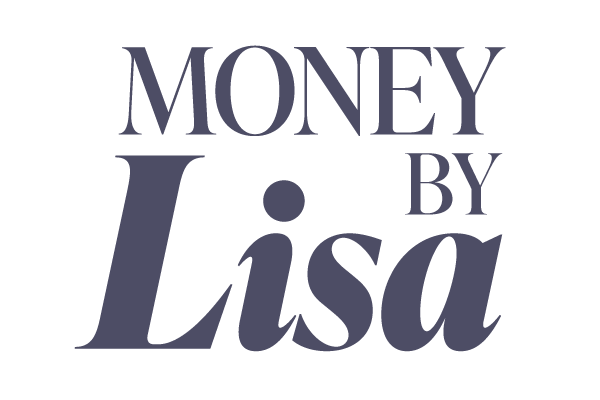You Are Such a Unicorn
These last few weeks, it seems as if I have ended many explanations with the phrase, “But that’s not you.” The questions that I was responding to varied in topics — taxes, debt repayment, life insurance, taxes — but the impetus was pretty universal. The questioner had read an article, talked to a co-worker, or watched a video touting a “can’t miss” financial strategy and was anxious to try it. My task was to explain that while the idea was not necessarily a bad one, it was not appropriate for their circumstances. I needed them to embrace their unicorn-ness.
This “unicorn-ness” shows up in media reporting on the economy. Despite the objective fact that statistically the economy is doing quite well, many Americans feel that the economy is suffering.
Let’s take inflation, for example. As I write this, the market is digesting a higher than expected March inflation figure. Personally, I was a bit surprised as well. I had seen no particular sign of price increases in my life recently and this was borne out by the statistics; food prices (both home and away) barely budged and home gas prices were flat.
But if you are shopping for car insurance, or fueling said car, inflation is still very much in your life. Other costs, such as rent, home prices, and childcare, are through the roof and have been since what feels like forever. (For reasons that have almost nothing to do with macroeconomics, BTW.)
We perceive the economy as unicorns, not as a statistic.
And so it goes for my questioners. I find myself repeatedly explaining that costly and complex machinations to lower your tax liability are fine when you are in the 32% and up marginal tax bracket; they are not much use if you are below that.
Similarly, “all Roth all the time” makes perfect sense as a retirement contribution strategy if it is foreseeable that your tax bracket will be higher in retirement. But does that describe your life if your main income stream in retirement is Social Security bolstered by an occasional top-off from your 401(k) or a modest pension? Likely not. Remember, it’s not just about what prevailing tax rates will be in the future, but also what your income is likely to be.
What if you need to utilize an income-limited benefit today or just require a bit more cash flow from each paycheck to make your budget work? Then a traditional IRA or 401(k) is made for you.
My new favorite “But that’s not you” moment comes from the big (in financial planning circles) story that went about last week. According to a survey, currently working adults believe they need $1.46 million in savings in order to retire. Clearly, most people will not have that amount saved and yet they will indeed retire. Most of them will not be at all miserable either. The “tell” in that much-hyped media story is that the survey asked respondents what they think they need to retire. There is no evidence that their response was based on any actual informed calculation.
Just as you experience our economic environment as an individual, bring that unique perspective to every piece of financial advice offered. Only a very small handful of financial strategies are absolutely evil or unequivocally beneficial all the time for all people. The rest can be either good or bad…depending on the unicorn.
